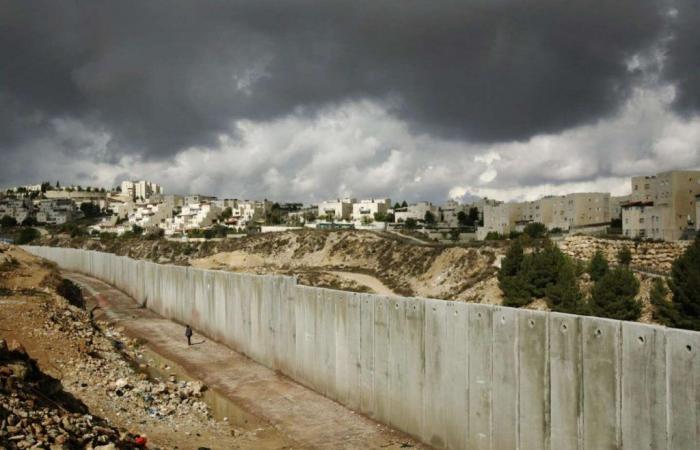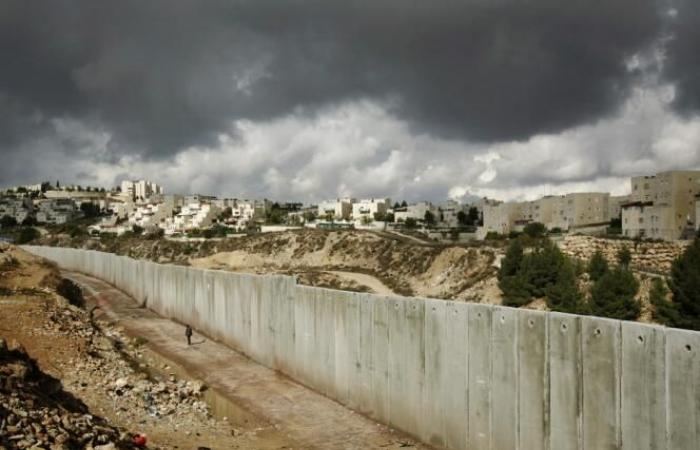Professor of political science at the Open University of Israel (Raanana), Denis Charbit focuses his research, among other things, on Zionism and Israel. Among his publications in French: Zionisms: fundamental texts (Albin Michel, 1998), What is Zionism? (Albin Michel, 2007), Return to Altneuland or the journey through Zionist utopias (Editions of the shine, 2018), Israel and its paradoxes (The Blue Rider, 2023).
The impact of the October 7, 2023 massacre perpetrated by Hamas was terrible in Israel and resulted in largely unanimous condemnation. Yet, nearly nine months later, we are in a kind of strategic and diplomatic impasse. You are Israeli, how do you analyze this situation?
The October 7 massacre is a turning point in Israelis’ perception of the Israeli-Palestinian conflict. Until then, they were not divided on its root causes – the Arab rejection of Israel – but on the solution to it. There are always, on one side, the supporters of a two-state solution and, on the other, the supporters of the annexation of the West Bank. The former, who vote left and center, oppose the colonization of the West Bank at every turn; the latter, who vote right and on the religious far right, demand an unhindered expansion of settlements.
This article is taken from the “Le Monde Special Edition: 40 maps to understand the Israel-Palestine conflict”July 2024, on sale at newsstands or online by visiting our store website.
The conflict was reduced to sporadic tensions with Hamas and short-lived uprisings in the West Bank, which never reached the scale of an Intifada. Eventually, a modus vivendi was established under which Israel allowed Qatar to subsidize Hamas. The Prime Minister, Benjamin Netanyahu, declared with confidence that the Palestinian problem had become marginal, that it no longer interested anyone. The Abraham Accords, in 2020, confirmed that what concerned the signatory countries was their respective prosperity, and not the fate of the Palestinians who, through their refusal and their radicalism, had ended up tiring.
Furthermore, in the absence of peace, cinematographic and literary creation at the ” start-up nation », from scientific excellence to the gay bars of Tel Aviv, society displayed an undeniable dynamism which contrasted with the blockage on the Palestinian side. The withdrawal of territories advocated by the left as well as the annexation demanded by the right being implausible, the notions of right and left then took on another meaning, opposing those who wished to place the independence of justice under supervision. to those who sincerely believed that this “reform” was putting Israeli democracy at risk. The future of democracy was at the heart of the debates, in a manner quite similar to what is happening in Europe: illiberal democracy versus liberal democracy (in the political sense of the term). The awakening was brutal.
You have 73.55% of this article left to read. The rest is reserved for subscribers.







